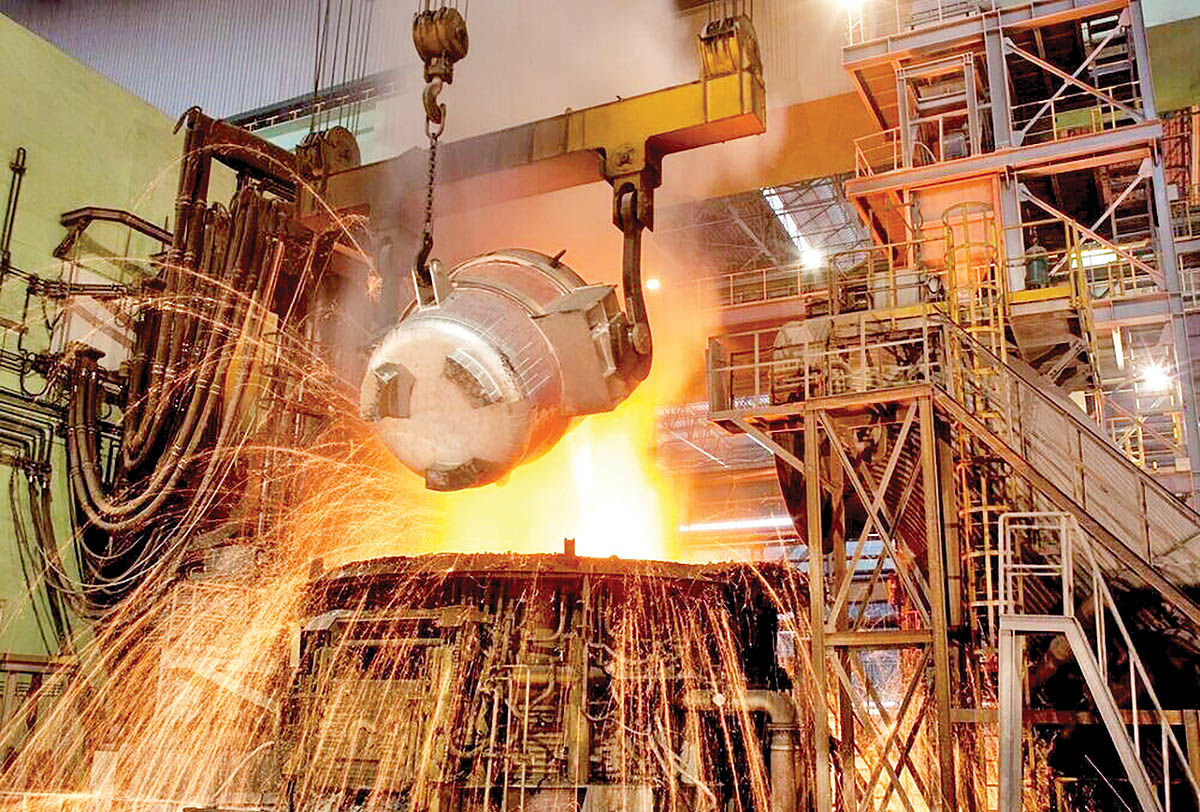- صفحه نخست
- Mining Industry
Mining Industry

The steel industry, as one of the fundamental pillars of any country’s economy, plays a vital role in progress and development. Since the steel production chain encompasses the extraction of raw materials from mines to processing and melting in factories, engineering and contracting companies create numerous job opportunities for various contractors in these areas.
Mining contractors are involved in the initial stages of drilling, extraction, and transportation of iron ore and other raw materials required for the steel industry. Contractors responsible for constructing steel plants are tasked with the building, installation, and commissioning of various equipment and facilities. Specialized contractors also provide services related to the design, engineering, installation, commissioning, and maintenance of equipment and systems used in mines and steel factories. These services include offering technical consultations, conducting technical and economic studies, preparing drawings and technical documentation, and overseeing project execution.
- atinegar
- atinegar
Lime and Dolomite
Quicklime is extracted from limestone, a common rock found worldwide that has formed over millions of years from the sediments of the seabed. The main component of limestone is calcium carbonate (CaCO3), which is decomposed into calcium oxide or quicklime (CaO) and carbon dioxide (CO2) by the addition of thermal energy. This process is also known as “calcination”.
This process is highly energy-intensive, which is why modern and efficient kilns are used for the production of quicklime today. The primary goal of the lime industry is to produce the purest possible calcium oxide as a usable product.
Without lime, there would be no iron and steel, and without steel, our modern society could not function. Lime plays a crucial role in several stages of the steel production process: it is one of the essential raw materials for the production of crude steel. Lime is added to the electric arc furnace melting process as a slag-forming agent.
Sepahan Beyond Research Company has successfully localized the proprietary knowledge of designing and constructing lime and dolomite plants with PFR kilns with two shafts and has simultaneously obtained the official representation of these kilns from Maerz Switzerland. The production capacity of these kilns is 200 to 400 tons per day (limestone size 30 to 80 mm) and 200 to 300 tons per day for fine lime kilns (limestone size 15 to 40 mm), producing highly reactive quicklime with a maximum energy consumption of 850 kcal/kg and 30% less gas consumption compared to rotary kilns. The company’s extensive experience in various domestic and international projects has made Sepahan Beyond Research the leading player in this segment of the Iranian market. To view our projects, you can continue from this link.

